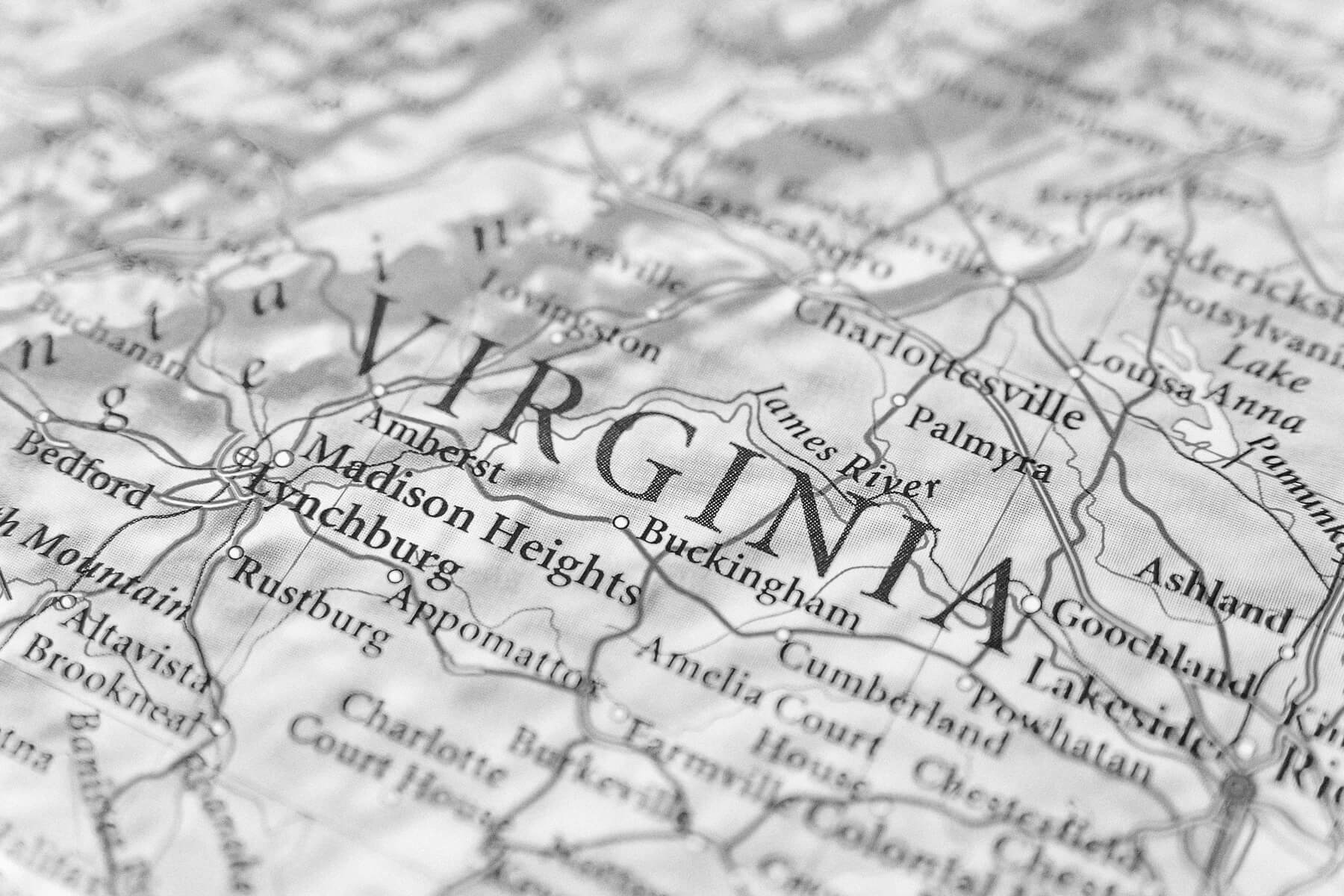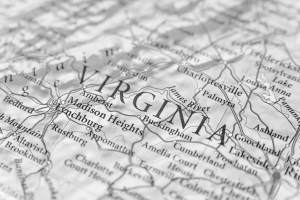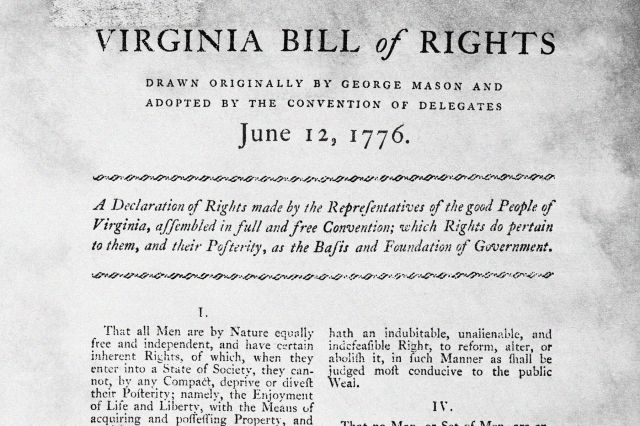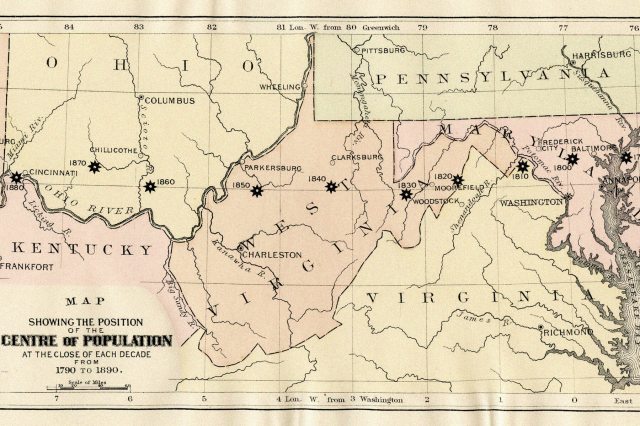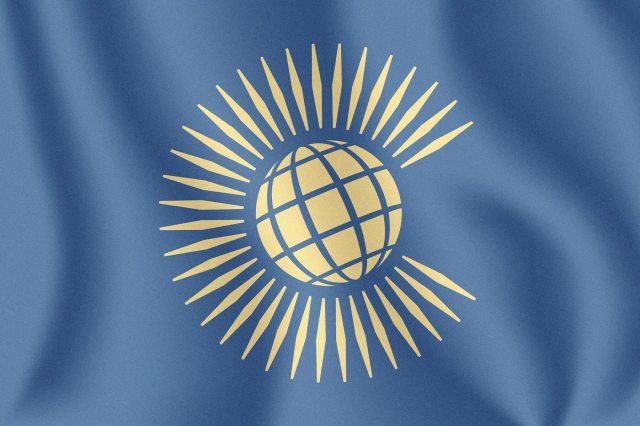Why Are Pennsylvania, Massachusetts, Virginia, and Kentucky Called Commonwealths?
The United States is made up of 50 states, yet four of them — Pennsylvania, Massachusetts, Virginia, and Kentucky — are officially referred to as commonwealths. Their names are technically styled as the Commonwealth of Virginia, the Commonwealth of Massachusetts, etc. The term “commonwealth” is frequently associated with Great Britain, and its ongoing alignment with many countries that were formerly part of the British Empire. But in the U.S., which was also once under British rule, the term has a somewhat different meaning.
A commonwealth is defined as a political entity founded for the good of the people. The word dates back to the mid-15th century and was given weight by political philosophers such as John Locke and Thomas Hobbes throughout the 17th century. The term was also popularized during this period due to the execution of England’s King Charles I in 1649. After the king’s death, the country was declared a republic, and was known as the Commonwealth of England until the monarchy was restored in 1660.
This concept of a state existing for the benefit of its citizens — not for any one individual, such as a monarch — is the idea behind the use of the word in the United States. Its use dates back to colonial times and the revolutionary ideals of governance and political rhetoric that were paramount to the cause of American independence.





